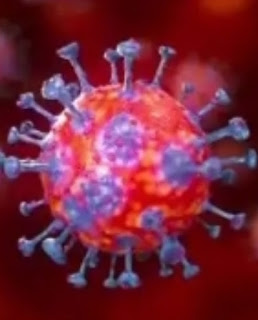What makes COVID-19 dangerous?

Why is the new coronavirus more dangerous than the mundane flu viruses? It has to do with RNA sequencing or, more simply, genetics. Seasonal flu is an “all human virus”. The DNA/RNA chains that make up the virus are recognized by the human immune system. This means that your body has some immunity to it before it comes around each year. Novel viruses come from animals. The WHO tracks novel viruses in animals, (sometimes watching for mutations for years). Usually these viruses only transfer from animal to animal (pigs in the case of H1N1 and birds in the case of the Spanish flu). But these animal viruses can mutate and start transferring from animals to humans. Then it’s a problem, because we have no natural or acquired immunity. The RNA sequencing of the genes inside the virus isn't recognized by the human immune system. So, we can’t fight it off. Sometimes, the mutation only allows transfer from animals to humans. For years its only transmission is from an infected a
